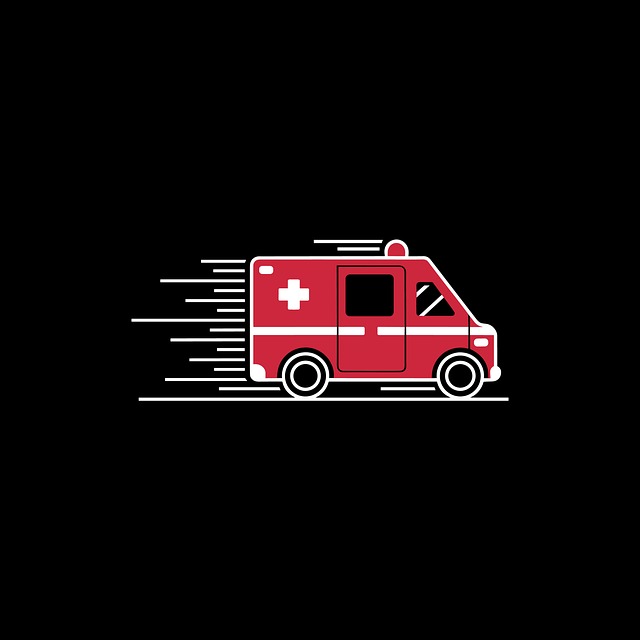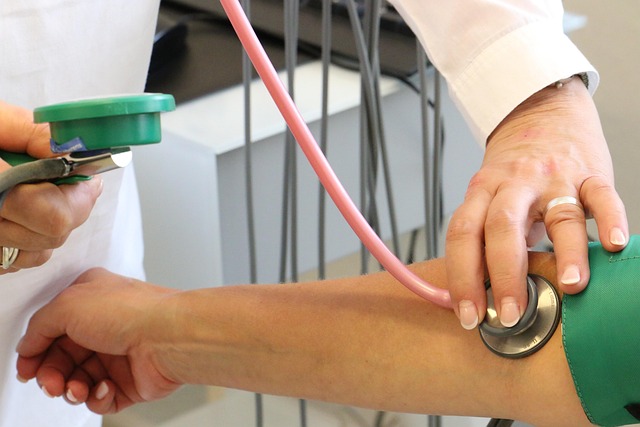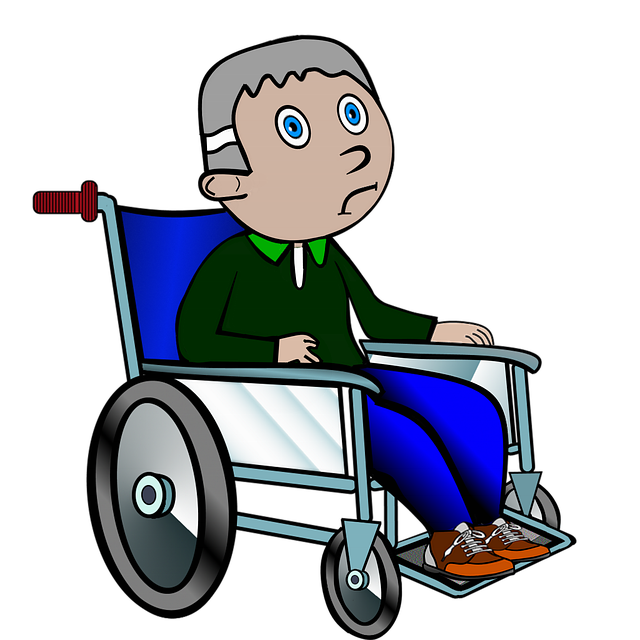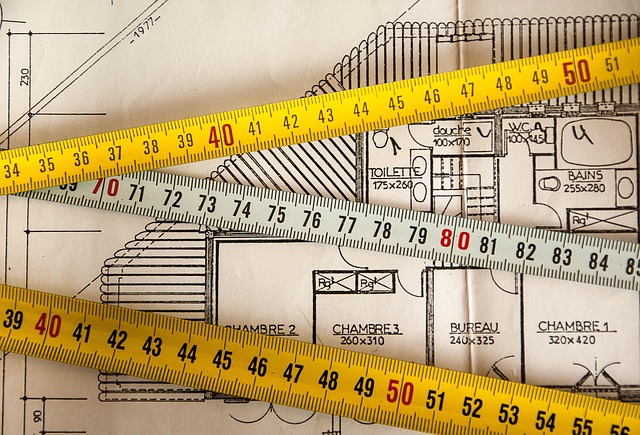In South Africa, choosing between hospital plans and medical aids depends on understanding their differences. Hospital plans mainly cover inpatient care and are ideal for younger, healthier individuals seeking peace of mind. Medical aids offer broader coverage, including outpatient care, specialist consultations, and tax benefits, suitable for long-term healthcare planning. The best choice depends on personal health needs, age, pre-existing conditions, financial situation, and preferred services like chronic management or mental health support. Evaluating these factors ensures the selected plan aligns with individual healthcare requirements and budget.
Deciding between a hospital plan and medical aid in South Africa can be confusing. Both offer crucial healthcare coverage, but they differ significantly in structure and benefits. This article guides you through the maze, helping you understand these options and which is better for your unique needs. We’ll explore key differences, cost implications, coverage, and provide personalized recommendations to ensure optimal healthcare coverage for South African residents.
- Understanding Hospital Plans and Medical Aids in South Africa
- Key Differences Between Hospital Plans and Medical Aid Schemes
- Factors to Consider When Choosing Between Hospital Plan and Medical Aid
- Comparing Cost Implications: Premiums, Co-pays, and Out-of-Pocket Expenses
- Coverage and Benefits: In-patient, Out-patient, and Additional Services
- Personalized Recommendations for Optimal Healthcare Coverage
Understanding Hospital Plans and Medical Aids in South Africa

In South Africa, understanding the nuances between hospital plans and medical aids is essential for making an informed decision about your healthcare coverage. Both are designed to cover medical expenses but differ significantly in their scope and structure. Hospital plans typically provide in-patient care, covering procedures and treatments within a hospital setting. This includes room and board, doctor fees, and various medical procedures. On the other hand, Medical Aids offer a range of benefits, including out-patient care, specialist consultations, and some cover for in-patient services. They also often include primary healthcare, chronic condition management, and prescription medication coverage.
When deciding between a hospital plan and medical aid, consider your specific health needs, age, and financial situation. If you have pre-existing conditions or require regular medical check-ups, a medical aid might offer more comprehensive coverage. Conversely, if you’re generally healthy and seeking basic healthcare services, a hospital plan could be the more suitable option due to its focus on in-patient care and relative simplicity. Which is better depends entirely on your personal circumstances; thus, evaluating your options carefully is key to securing the right healthcare protection.
Key Differences Between Hospital Plans and Medical Aid Schemes

In South Africa, individuals often find themselves at a crossroads when it comes to choosing between hospital plans and medical aid schemes for their healthcare needs. Understanding the key differences is crucial in making an informed decision. Hospital plans are typically short-term insurance options that cover specific treatments and procedures within a defined network of hospitals and medical service providers. They offer peace of mind, especially for those who prefer having a range of choices when it comes to healthcare facilities. On the other hand, Medical Aid Schemes are long-term savings mechanisms designed to provide comprehensive healthcare coverage. These schemes usually have a broader scope, including not just hospital stays but also general medical consultations, medications, and specialist care.
When deciding between a hospital plan or medical aid, consider your age, health status, and financial situation. Hospital plans might be more suitable for younger individuals who are generally healthier, as they often come with lower premiums. However, medical aid schemes can prove advantageous in the long run, offering better value for money through tax benefits and potential savings on out-of-pocket expenses. Which is better ultimately depends on personal circumstances; a thorough analysis of your healthcare requirements and budget will help guide your choice between these two essential options.
Factors to Consider When Choosing Between Hospital Plan and Medical Aid

When deciding between a hospital plan and medical aid, it’s crucial to consider your specific healthcare needs and financial situation. Both options offer valuable coverage, but they differ in key aspects. Hospital plans typically provide comprehensive cover for in-patient treatments and procedures in hospitals, with a focus on emergency and acute care. On the other hand, medical aid schemes tend to offer more diverse benefits, including regular check-ups, preventative care, and a broader range of specialist services.
When determining which is better for you, assess your healthcare priorities. If frequent doctor’s visits, routine screenings, and ongoing management of chronic conditions are important to you, then medical aid might be the superior choice due to its comprehensive benefits package. However, if you’re primarily concerned with ensuring access to quality care in case of unexpected critical illness or accidents, a hospital plan could provide more tailored coverage for your needs.
Comparing Cost Implications: Premiums, Co-pays, and Out-of-Pocket Expenses

When comparing a hospital plan versus medical aid, understanding cost implications is paramount to making an informed decision for your healthcare needs in South Africa. Both options have their unique fee structures, which can significantly impact your financial outlook. Hospital plans typically charge monthly premiums that cover a set range of services within their network of hospitals and healthcare providers. However, out-of-pocket expenses like co-pays and deductibles can add up, especially for specialist consultations or complex procedures.
On the other hand, medical aid schemes often have higher upfront registration fees but may offer more comprehensive coverage with lower out-of-pocket expenses during treatment. Co-pays in medical aid plans are generally lower, and members might only be responsible for a small percentage of the overall cost. This can make medical aid more budget-friendly in the long run, especially if you have chronic health conditions that require regular specialist visits or hospital stays. Which Is Better Hospital Plan Or Medical Aid depends on your specific healthcare requirements and financial considerations.
Coverage and Benefits: In-patient, Out-patient, and Additional Services

When comparing a hospital plan vs medical aid, understanding coverage and benefits is key to making an informed decision for your healthcare needs in South Africa. Both options offer comprehensive care, but the specifics differ significantly. In-patient care, which includes hospital stays and treatments, is typically covered under both schemes, ensuring you receive necessary medical attention when admitted. However, medical aids often have a preferred provider network, meaning out-of-network visits may result in higher costs or limited coverage. Hospital plans, on the other hand, usually offer more flexibility with healthcare providers, allowing you to choose where you receive treatment without additional fees.
Beyond in-patient and out-patient care, medical aids often include a range of additional services such as chronic condition management, preventative care, and mental health support. These benefits can be valuable for individuals with ongoing health issues or those seeking proactive wellness solutions. In contrast, hospital plans may offer more specialized coverage for specific procedures or treatments, but they might not cover all aspects of comprehensive healthcare as extensively as medical aids. When deciding between the two, consider your personal health profile, preferred providers, and the services you require to ensure the plan aligns with your unique needs.
Personalized Recommendations for Optimal Healthcare Coverage

When deciding between a hospital plan and medical aid, it’s crucial to understand your personal healthcare needs and preferences. While both options offer essential coverage for medical expenses in South Africa, they differ in key aspects such as scope of services, network of service providers, and out-of-pocket costs. Personalized recommendations can help you make an informed choice.
Consider factors like pre-existing conditions, age, family size, and financial capabilities when comparing which is better: hospital plan or medical aid. Some plans may offer specialized coverage for specific health concerns, while others might have a broader network of hospitals and specialists. Evaluate your healthcare history and future needs to ensure optimal protection. Personalized advice from healthcare experts can guide you in selecting the most suitable option for comprehensive and accessible healthcare in South Africa.
When deciding between a hospital plan and medical aid in South Africa, understanding your healthcare needs and budget is key. Both options offer valuable coverage, but they differ significantly in terms of costs, benefits, and eligibility criteria. By carefully considering factors like premium amounts, co-pays, in-patient versus out-patient services, and additional benefits, you can make an informed choice that suits your unique circumstances. Ultimately, the right decision depends on your personal health profile, financial situation, and preferred level of healthcare access and flexibility.

